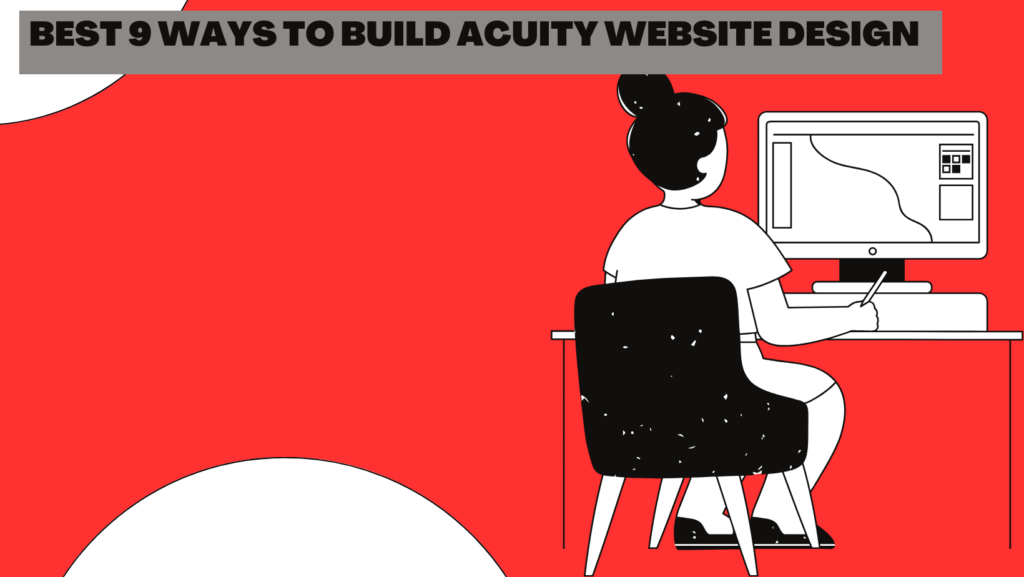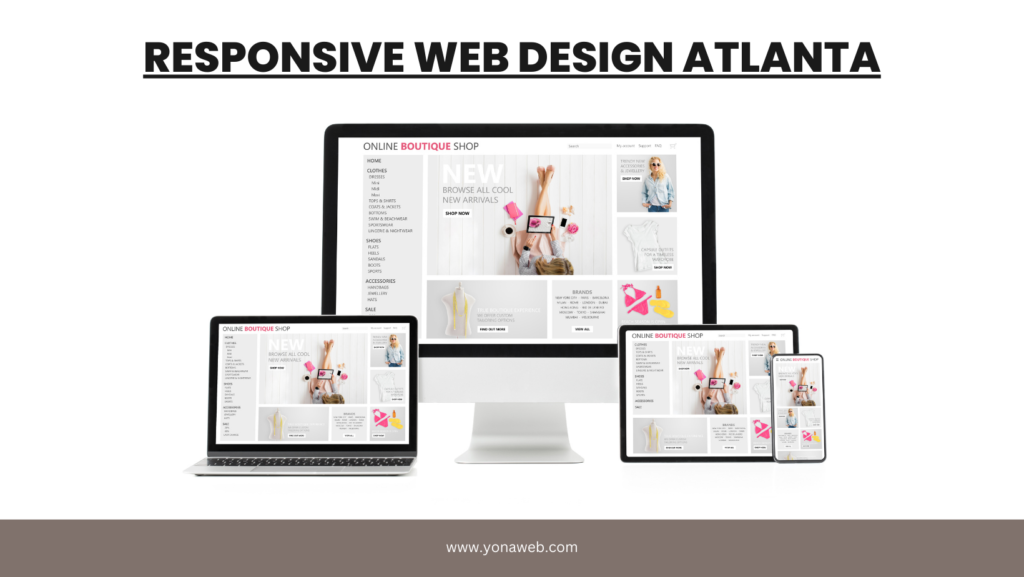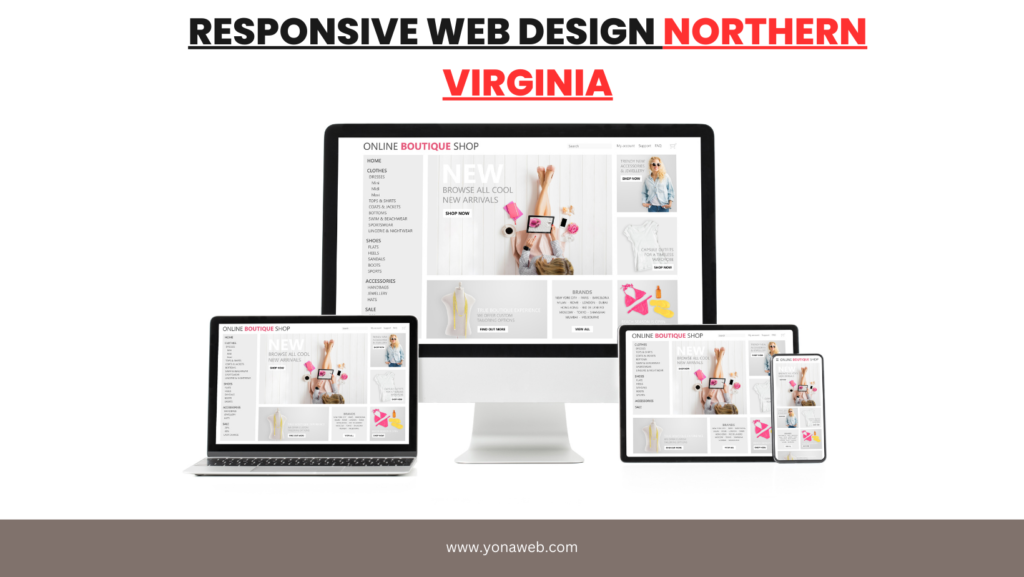Discover the 7 cheapest eCommerce platforms in 2024, offering affordability without sacrificing quality or essential features for online stores.
Launching an online store doesn’t have to break the bank. Whether you’re a new entrepreneur or a small business looking to expand into the digital space, finding the cheapest eCommerce platform is essential for maximizing your budget without sacrificing essential features. In 2024, numerous platforms offer affordable pricing with robust tools to help you design, manage, and scale your eCommerce site.
This guide will walk you through seven of the cheapest eCommerce platforms, highlighting their key features, pricing, and why they’re perfect for budget-conscious businesses.
Why Choosing the Cheapest eCommerce Platform Matters

Running an online store involves multiple costs—website design, hosting, payment processing, and marketing. By choosing the cheapest eCommerce platform, you can reduce your operational expenses, leaving you more room to invest in marketing, product development, or other areas of your business. The good news is that many affordable platforms still offer the essential features you need to run a successful store.
When considering the best eCommerce platform for your budget, it’s essential to balance cost with the features that will help your store grow. Some platforms provide robust tools at low prices, while others may have hidden costs or limit your scalability as your business expands.
Key Features to Look for in a Cheap eCommerce Platform
Affordability is crucial, but you also need to ensure that your chosen platform comes with the right tools to grow your online store. Here are the most important features to consider:
1. Low Monthly Fees
When searching for the cheapest eCommerce platform, your primary focus will be on low monthly fees. However, ensure that these lower-tier plans still offer enough tools for your business to thrive.
2. No or Low Transaction Fees
Some platforms charge transaction fees on every sale, which can add up over time. Look for platforms that either don’t charge transaction fees or offer integrations with payment gateways that minimize these costs.
3. Customizable Templates
Affordable platforms should still offer customizable, mobile-responsive templates to help you create a unique and user-friendly website. Make sure that even the cheapest plans offer flexibility in design.
4. Payment Gateway Integration
To provide customers with a seamless shopping experience, your platform should integrate with popular payment gateways like PayPal, Stripe, and credit cards.
5. Marketing and SEO Tools

To drive traffic and sales, your platform needs basic marketing tools, including email marketing integration, SEO optimization, and social media integration.
For more insights on finding budget-friendly solutions, check out our guide on the 5 Best Cheap eCommerce Website Builders.
7 Best and Cheapest eCommerce Platforms for 2024
1. Shopify Starter Plan – The Best for Selling on a Budget
Why Choose Shopify Starter?
Shopify is a well-known leader in the eCommerce world, and its Starter plan is the cheapest eCommerce platform option for those who want to start selling with minimal overhead. While it doesn’t offer a full-fledged website, it allows you to sell products via social media, emails, or by adding “buy now” buttons to an existing website.
Key Features:
- No need for a full website—sell through social media, blogs, and emails
- Integrated payment processing
- Low transaction fees
- Access to Shopify’s backend and customer support
Pros:
- Ideal for new sellers with low costs
- Quick and easy setup for non-technical users
- Trusted brand with scalable options
Cons:
- No complete website included
- Limited customization options
If you want to dive deeper into Shopify’s pricing and features, take a look at this in-depth analysis of affordable eCommerce platforms.
2. Big Cartel – Best for Artists and Small Sellers
Why Choose Big Cartel?
Big Cartel is a great option for artists, creatives, and small sellers who want an affordable eCommerce platform with a simple, user-friendly interface. Their free plan allows you to list up to five products, making it perfect for hobbyists or anyone just starting out with a limited catalog.
Key Features:
- Free plan available with up to 5 products
- Easy-to-use dashboard for non-technical users
- Customizable templates
- Mobile-friendly store setup
Pros:
- Free option for small stores
- Designed for creative businesses
- No transaction fees
Cons:
- Limited to 5 products on the free plan
- Basic eCommerce features compared to competitors
For artists or small businesses with a limited product range, Big Cartel provides an affordable, no-frills option to get started with selling online.
3. Wix – Best for Budget-Friendly Customization
Why Choose Wix?
Wix is known for its highly customizable drag-and-drop interface, making it one of the best cheap platforms for building a unique eCommerce site. Its eCommerce plans are competitively priced, and Wix allows users to create beautiful, mobile-optimized stores without needing any coding experience.
Key Features:
- Hundreds of customizable eCommerce templates
- Mobile-responsive design options
- Multiple payment gateways (PayPal, Stripe, etc.)
- No transaction fees on eCommerce plans
Pros:
- Highly customizable
- Large library of templates
- Great for beginners
Cons:
- Limited scalability for larger businesses
- Some advanced features require higher-tier plans
For entrepreneurs who want complete control over their store’s design on a budget, Wix is a fantastic option. It’s a great choice if you’re just starting out but still want a professional-looking store.
4. Square Online – Best Free Option for Small Businesses
Why Choose Square Online?
Square Online offers one of the best free eCommerce platforms available, making it perfect for small businesses or those just dipping their toes into the world of online selling. The free plan includes unlimited products, basic features, and seamless integration with Square’s payment processing, all at no cost upfront.
Key Features:
- Free plan available (with Square branding)
- Unlimited products
- SEO-friendly templates
- Built-in payment processing with Square
Pros:
- Completely free to start
- No transaction fees when using Square payments
- Easy setup with no coding required
Cons:
- Limited customization on the free plan
- Square branding on the free domain
Square Online is the ideal choice for small businesses looking for an affordable way to get started with eCommerce without upfront costs.
5. Zyro – Best Budget Option for Startups
Why Choose Zyro?
Zyro is one of the cheapest platforms on the market for full eCommerce functionality. Despite its low price, Zyro offers essential tools like product management, inventory tracking, and mobile-responsive templates, making it perfect for startups with limited budgets.
Key Features:
- Drag-and-drop editor with customizable templates
- AI-powered tools for content and logo generation
- Mobile-optimized designs
- Support for multiple payment gateways
Pros:
- Extremely low pricing plans
- Easy to use for beginners
- Fast website setup
Cons:
- Fewer integrations compared to other platforms
- Limited advanced features for scaling
For budget-conscious startups, Zyro offers a balance of affordability and essential eCommerce features, ensuring you can start selling quickly without a hefty investment.
6. Weebly – Best for Simplicity and Affordability
Why Choose Weebly?
Weebly is perfect for users who want an affordable, straightforward solution for creating an eCommerce store. Its drag-and-drop editor and customizable templates make it easy to create a professional store without technical skills. Weebly’s pricing is also competitive, with no transaction fees on higher plans.
Key Features:
- Drag-and-drop design editor
- Customizable templates
- SEO tools to optimize your site
- Integrated payment gateways
Pros:
- Very beginner-friendly
- Affordable pricing plans
- No transaction fees on upgraded plans
Cons:
- Limited customization options
- Basic compared to larger platforms
Weebly’s simplicity and low-cost plans make it ideal for small businesses or individuals who want to get started quickly and affordably.
7. WooCommerce – Best for WordPress Users
Why Choose WooCommerce?
WooCommerce is a free plugin for WordPress users, making it one of the cheapest ways to add full eCommerce functionality to your existing WordPress site. While the plugin itself is free, you will need to pay for hosting and possibly some additional extensions, but WooCommerce remains an affordable option for those already using WordPress.
Key Features:
- Free to install (with paid extensions available)
- Highly customizable with WordPress themes
- Supports multiple payment gateways
- No transaction fees
Pros:
- Free plugin for WordPress
- Highly customizable
- Large community of developers for support
Cons:
- Requires WordPress knowledge
- Hosting and extensions may increase costs
If you’re already familiar with WordPress or are currently using it for your website, WooCommerce is the cheapest way to add eCommerce functionality to your existing site.
How to Choose the Best and Cheapest eCommerce Platform
Launching an online store doesn’t have to break the bank. Whether you’re a new entrepreneur or a small business looking to expand into the digital space, finding the cheapest eCommerce platform is essential for maximizing your budget without sacrificing essential features. In 2024, numerous platforms offer affordable pricing with robust tools to help you design, manage, and scale your eCommerce site.
This guide will walk you through seven of the cheapest eCommerce platforms, highlighting their key features, pricing, and why they’re perfect for budget-conscious businesses.
Why Choosing the Cheapest eCommerce Platform Matters
Running an online store involves multiple costs—website design, hosting, payment processing, and marketing. By choosing the cheapest eCommerce platform, you can reduce your operational expenses, leaving you more room to invest in marketing, product development, or other areas of your business. The good news is that many affordable platforms still offer the essential features you need to run a successful store.
When considering the best eCommerce platform for your budget, it’s essential to balance cost with the features that will help your store grow. Some platforms provide robust tools at low prices, while others may have hidden costs or limit your scalability as your business expands.
Key Features to Look for in a Cheap eCommerce Platform
Affordability is crucial, but you also need to ensure that your chosen platform comes with the right tools to grow your online store. Here are the most important features to consider:
- Low Monthly Fees
When searching for the cheapest eCommerce platform, your primary focus will be on low monthly fees. However, ensure that these lower-tier plans still offer enough tools for your business to thrive. - No or Low Transaction Fees
Some platforms charge transaction fees on every sale, which can add up over time. Look for platforms that either don’t charge transaction fees or offer integrations with payment gateways that minimize these costs. - Customizable Templates
Affordable platforms should still offer customizable, mobile-responsive templates to help you create a unique and user-friendly website. Make sure that even the cheapest plans offer flexibility in design. - Payment Gateway Integration
To provide customers with a seamless shopping experience, your platform should integrate with popular payment gateways like PayPal, Stripe, and credit cards. - Marketing and SEO Tools
To drive traffic and sales, your platform needs basic marketing tools, including email marketing integration, SEO optimization, and social media integration.
For more insights on finding budget-friendly solutions, check out our guide on the 5 Best Cheap eCommerce Website Builders.
7 Best and Cheapest eCommerce Platforms for 2024
- Shopify Starter Plan – The Best for Selling on a Budget
Why Choose Shopify Starter?
Shopify is a well-known leader in the eCommerce world, and its Starter plan is the cheapest eCommerce platform option for those who want to start selling with minimal overhead. While it doesn’t offer a full-fledged website, it allows you to sell products via social media, emails, or by adding “buy now” buttons to an existing website.Key Features:- No need for a full website—sell through social media, blogs, and emails
- Integrated payment processing
- Low transaction fees
- Access to Shopify’s backend and customer support
- Ideal for new sellers with low costs
- Quick and easy setup for non-technical users
- Trusted brand with scalable options
- No complete website included
- Limited customization options
- Big Cartel – Best for Artists and Small Sellers
Why Choose Big Cartel?
Big Cartel is a great option for artists, creatives, and small sellers who want an affordable eCommerce platform with a simple, user-friendly interface. Their free plan allows you to list up to five products, making it perfect for hobbyists or anyone just starting out with a limited catalog.Key Features:- Free plan available with up to 5 products
- Easy-to-use dashboard for non-technical users
- Customizable templates
- Mobile-friendly store setup
- Free option for small stores
- Designed for creative businesses
- No transaction fees
- Limited to 5 products on the free plan
- Basic eCommerce features compared to competitors
- Wix – Best for Budget-Friendly Customization
Why Choose Wix?
Wix is known for its highly customizable drag-and-drop interface, making it one of the best cheap platforms for building a unique eCommerce site. Its eCommerce plans are competitively priced, and Wix allows users to create beautiful, mobile-optimized stores without needing any coding experience.Key Features:- Hundreds of customizable eCommerce templates
- Mobile-responsive design options
- Multiple payment gateways (PayPal, Stripe, etc.)
- No transaction fees on eCommerce plans
- Highly customizable
- Large library of templates
- Great for beginners
- Limited scalability for larger businesses
- Some advanced features require higher-tier plans
- Square Online – Best Free Option for Small Businesses
Why Choose Square Online?
Square Online offers one of the best free eCommerce platforms available, making it perfect for small businesses or those just dipping their toes into the world of online selling. The free plan includes unlimited products, basic features, and seamless integration with Square’s payment processing, all at no cost upfront.Key Features:- Free plan available (with Square branding)
- Unlimited products
- SEO-friendly templates
- Built-in payment processing with Square
- Completely free to start
- No transaction fees when using Square payments
- Easy setup with no coding required
- Limited customization on the free plan
- Square branding on the free domain
- Zyro – Best Budget Option for Startups
Why Choose Zyro?
Zyro is one of the cheapest platforms on the market for full eCommerce functionality. Despite its low price, Zyro offers essential tools like product management, inventory tracking, and mobile-responsive templates, making it perfect for startups with limited budgets.Key Features:- Drag-and-drop editor with customizable templates
- AI-powered tools for content and logo generation
- Mobile-optimized designs
- Support for multiple payment gateways
- Extremely low pricing plans
- Easy to use for beginners
- Fast website setup
- Fewer integrations compared to other platforms
- Limited advanced features for scaling
- Weebly – Best for Simplicity and Affordability
Why Choose Weebly?
Weebly is perfect for users who want an affordable, straightforward solution for creating an eCommerce store. Its drag-and-drop editor and customizable templates make it easy to create a professional store without technical skills. Weebly’s pricing is also competitive, with no transaction fees on higher plans.Key Features:- Drag-and-drop design editor
- Customizable templates
- SEO tools to optimize your site
- Integrated payment gateways
- Very beginner-friendly
- Affordable pricing plans
- No transaction fees on upgraded plans
- Limited customization options
- Basic compared to larger platforms
- WooCommerce – Best for WordPress Users
Why Choose WooCommerce?
WooCommerce is a free plugin for WordPress users, making it one of the cheapest ways to add full eCommerce functionality to your existing WordPress site. While the plugin itself is free, you will need to pay for hosting and possibly some additional extensions, but WooCommerce remains an affordable option for those already using WordPress.Key Features:- Free to install (with paid extensions available)
- Highly customizable with WordPress themes
- Supports multiple payment gateways
- No transaction fees
- Free plugin for WordPress
- Highly customizable
- Large community of developers for support
- Requires WordPress knowledge
- Hosting and extensions may increase costs
Final Thoughts
Choosing the right eCommerce platform is crucial for the success of your online store. By considering your budget and the essential features you need, you can find an affordable solution that helps you grow your business. With options like Shopify, Big Cartel, and Square Online, you can start selling your products without significant upfront costs. Ultimately, the best and cheapest eCommerce platform will depend on your specific needs, product range, and business goals.
Conclusion
In 2024, the landscape of eCommerce platforms offers a wealth of affordable options that cater to various needs, whether you’re an aspiring entrepreneur, a small business owner, or an artist looking to showcase your work online.
When selecting the best and cheapest eCommerce platform, consider not only the upfront costs but also the ongoing fees, transaction costs, and the features you’ll need as your business grows. Here’s a quick recap of the options discussed:
- Shopify Starter Plan: Best for beginners who want to sell through social media or existing websites without a full-fledged eCommerce site.
- Big Cartel: Ideal for artists and small sellers with a limited product range, offering a free plan to start.
- Wix: Offers extensive customization options with user-friendly design tools, perfect for those wanting to create a unique online presence.
- Square Online: A robust free option for small businesses with unlimited products and built-in payment processing.
- Zyro: An affordable platform for startups, providing essential eCommerce tools without breaking the bank.
- Weebly: Great for those who prioritize simplicity and a straightforward setup process.
- WooCommerce: Best for WordPress users looking to integrate eCommerce capabilities into their existing site, with extensive customization options.
Ultimately, the right choice will align with your budget, business model, and long-term goals. By carefully evaluating these options, you can build an online store that meets your needs without compromising on functionality or customer experience. With the right platform in place, you’ll be well on your way to creating a successful eCommerce business that thrives in the competitive online marketplace.
Take your time to explore the features, trial options, and pricing structures of each platform to ensure you choose the one that best suits your business needs. The right eCommerce platform can help you streamline operations, enhance customer engagement, and drive sales—all while keeping your expenses in check.











